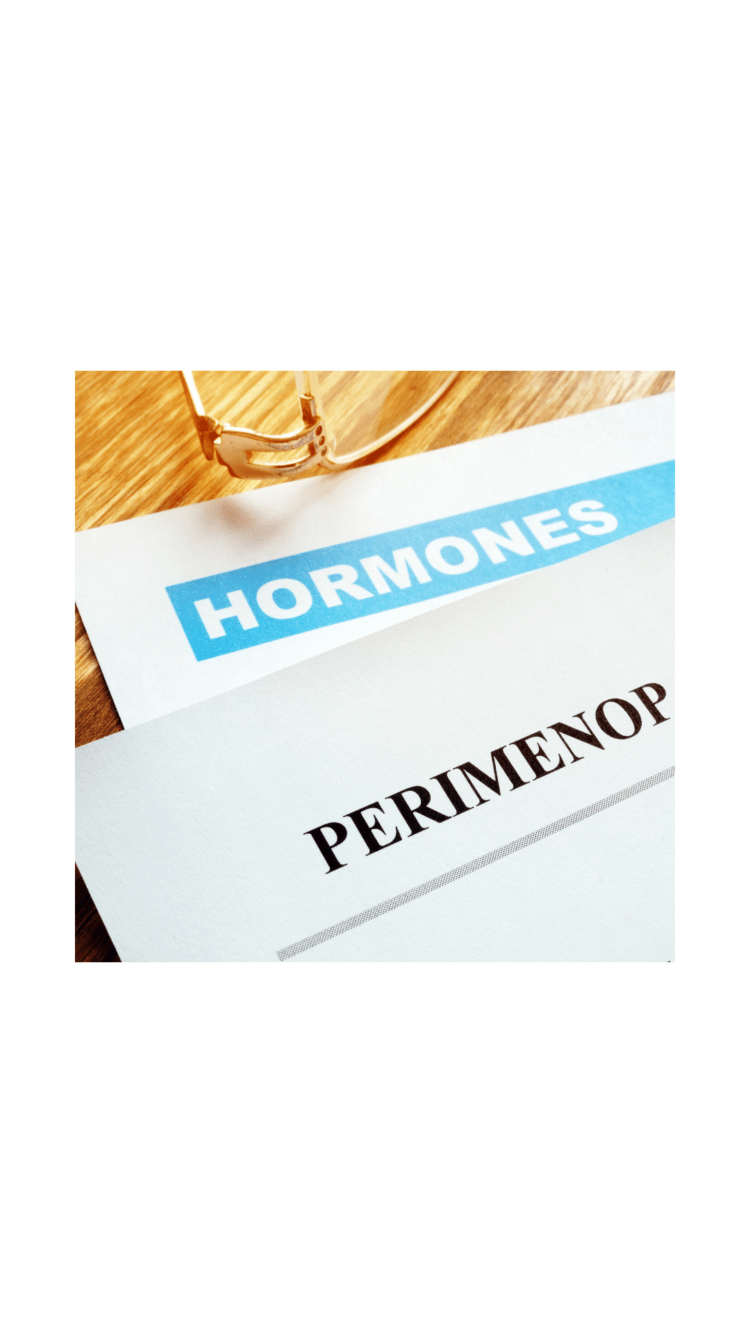 If you are in your early 40s, or even late 30s, it is very likely that your hormones will be changing
If you are in your early 40s, or even late 30s, it is very likely that your hormones will be changing
The signs and symptoms can be very subtle at first…
You may notice that your cycle is slightly longer or a couple of days shorter than normal
Your periods may also get heavier, or some months they may be much lighter
You may also experience low mood and an increase in anxiety or maybe your sleep has been affected and you are waking during the night
These are some of the first signs and symptoms of perimenopause
If you are under 45 and your symptoms are more severe and your periods are very irregular, it may be worth asking your GP or healthcare provider to run some tests
Over 45 years
If you are over the age of 45, perimenopause can be diagnosed without blood tests based on irregular periods and symptoms such as hot flushes and night sweats
There are currently over 34 recognised symptoms of perimenopause, but arguably many more… Many changes in health around this time could be linked to perimenopause
Some of the most common symptoms include; low mood, sleep disturbances, changes to hair and skin, fatigue, joint pain, brain fog and weight gain
You may also start to have longer breaks between cycles. Typically as you progress through perimenopause, it is not unusual to go more than 60 days without a period
Perimenopause typically lasts for 4-8 years.
Menopause
Once you have gone a full 12 months without a period, you have reached menopause.
The average age for menopause in the UK and USA is 51.
If this happens to you below the age of 45, this is considered to be early menopause. If you are below the age of 40 it is called premature menopause.
Some surgeries and illnesses can also cause menopause
When menopause happens earlier than expected without a known reason, I recommend speaking with your GP or health care provider.
It is worth knowing that there is also a genetic link to menopause. Often the age at which your mum/aunt/sister experienced menopause will be similar for you
Making sure that you get all the essential nutrients to nourish your body is essential for managing perimenopause. To find out what foods to choose and what to eat during perimenopause, get my meal plan and food guide for women over forty here




